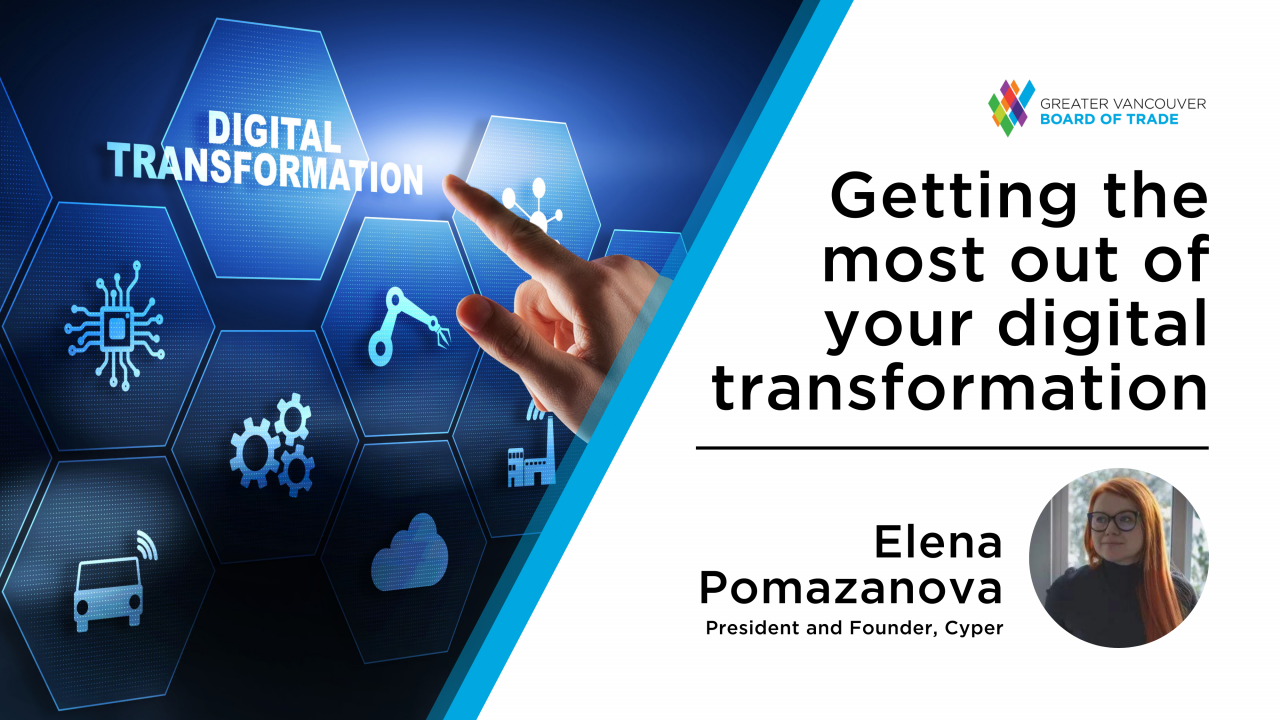Digital transformation is a popular topic of conversation in the business world but everyone seems to have a slightly different definition.
For one business, a digital transformation might mean finally building a WordPress website. For another business, a digital transformation could mean investing $100 million in the full automation of their business processes. Regardless of what kind of digital transformation process you’re considering, there’s one thing to keep in mind: digital transformation is a journey and not a destination.
Imagine deciding to purchase a car: without insurance, maintenance or refuelling, it’s not going to get you very far. The same is true for a digital transformation. When you invest in software that supports your organization, you will need to keep maintaining and improving it in order for it to work properly.
In order to ensure that your digital transformation produces the desired outcome, it’s important to meticulously plan the various phases before making any decisions.
Analysis: Outline solution requirements and define dependencies within your digital ecosystem, design integration schemas, and solution architecture. Explore solutions that will specifically address your business needs and identify technologies that will maximize efficiency.
Planning: Plan implementation steps for your digital transformation. In this stage, it’s crucial to plan beyond the initial implementation and look at the continuous evolution of the solutions you identified in the analysis phase.
Execution: This is where the analysis and the planning phases combine to implement the digital transformation plan your team has created. Try to anticipate the challenges which often arise during this phase and have contingency plans prepared.
Improvement: During this phase, you will be continuously assessing the impact of the implemented solution on your organization. This phase requires attentive monitoring and targeted adjustments to get the maximum benefit from your digital transformation solution.
A close collaboration between a maintenance team, ongoing evolution and support team, and a team working on a business side and defining how the digital ecosystem should be adjusted to support your organization in the best way is a key success factor for digital transformation.
Digital transformation is not a solitary project with a defined beginning and end. Digital transformation is an ongoing process that requires business and technology leaders to continuously reinvent their approach in order to be aligned with a rapidly-evolving business environment in order to capitalize on the benefits of digitalization.
Elena Pomazanova is the President and Founder of Cyper, a retail tech enabler firm which builds and implements top-notch inclusive and accessible retail-tech solutions.








